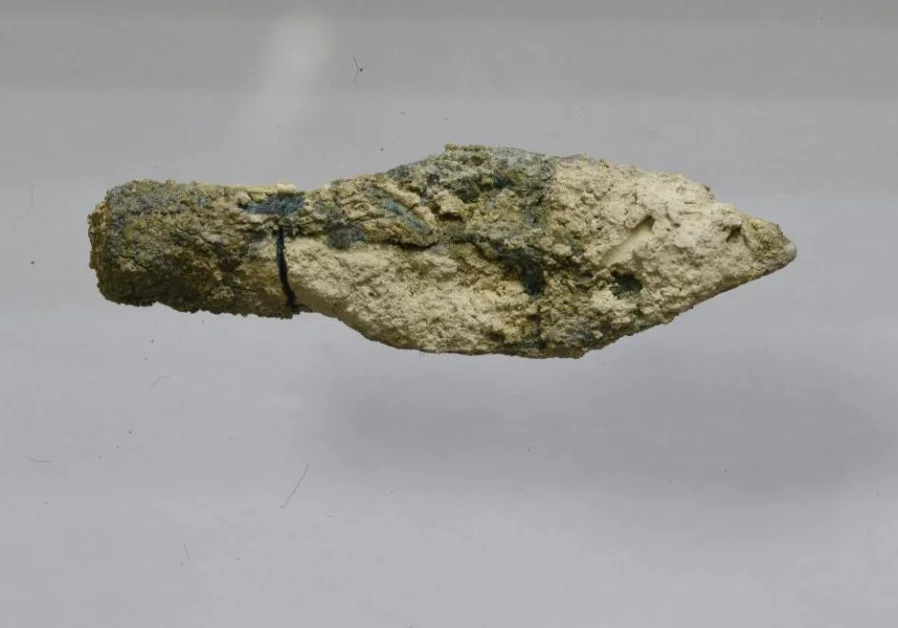(Photo: Mt Zion Archaeological Expedition/Virginia Withers)
By Zachary Keyser - August 14, 2019
Archaeologists have unearthed evidence pointing to the validity of the Babylonian Conquest of the Holy City of Jerusalem in 587/586 BCE, as described by the Bible, according to a release published earlier this week.
A team of researchers from the University of North Carolina, Charlotte, who have been excavating the hill known as Mount Zion in Jerusalem, say they have discovered arrowheads dating from the period, layers of ash, Iron Age potsherds, as well as a "significant" piece of jewelry - a gold silver tassel or earring - archetypal of the period in question.
"The team believes that the newly-found deposit can be dated to the specific event of the conquest because of the unique mix of artifacts and materials found -- pottery and lamps, side-by-side with evidence of the Babylonian siege represented by burnt wood and ashes, and a number of Scythian-type bronze and iron arrowheads which are typical of that period," the UNC archaeological team wrote in a statement.
Read More: Jerusalem Post

